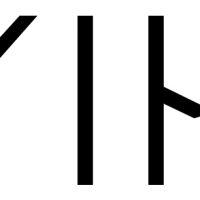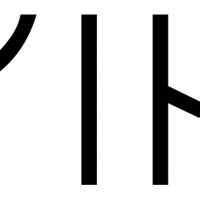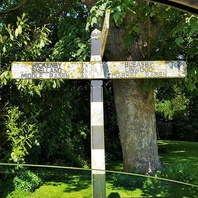
Description
Group A runes were most common in Viking Age Denmark



Viking
Old Norse Víkingr (m.)
The male name Víkingr is recorded in some eighteen Viking Age runic inscriptions from Denmark and Sweden, and there is evidence it was used in Norway in the Viking Age and even later. It probably derives from the appellative (common noun) víkingr, the meaning of which varies through time and in the different sources. In Lincolnshire, the place-name Wickenby is formed of either the name or the appellative plus Old Norse -by ‘farm, settlement’. In Leicestershire, the element is combined with Old English tun in Wigston Magna (while Wigston Parva has a quite different origin), and is thus a hybrid name. In this case, the parallels with other hybrid names suggest that the personal name is more likely than the appellative as the first element.
Old Norse Name
- Víkingr
Anglicised Name
- Viking
Gender
- Male
Ascribed Culture
Collection
- Viking Names
Keywords
- male_name, personal-name, Viking
Further information
This object is related to
Wickenby, Lincolnshire.
Find out about Wickenby, Lincolnshire.
References
Judith Jesch, ‘What does the word “viking” really mean?’, The Conversation (5 April 2017).
Judith Jesch, The Viking Diaspora. London: Routledge (2015), pp. 4-8.
Barrie Cox, The Place-Names of Leicestershire V. English Place-Name Society LXXXVIII (2011), pp. 218-219.
Lena Peterson, Nordiskt runnamnslexikon: Femte, reviderade utgåvan. Uppsala: Institutet för språk och folkminnen (2007), p. 255
Barrie Cox, A Dictionary of Leicestershire and Rutland Place-Names. Nottingham: English Place-Name Society (2005), p. 114.
Kenneth Cameron, A Dictionary of Lincolnshire Place-Names. Nottingham: English Place-Name Society (1998), p. 138.
Gillian Fellows Jensen, Scandinavian Personal Names in Lincolnshire and Yorkshire. Copenhagen: Akademisk Forlag (1968), pp. 338-339.

